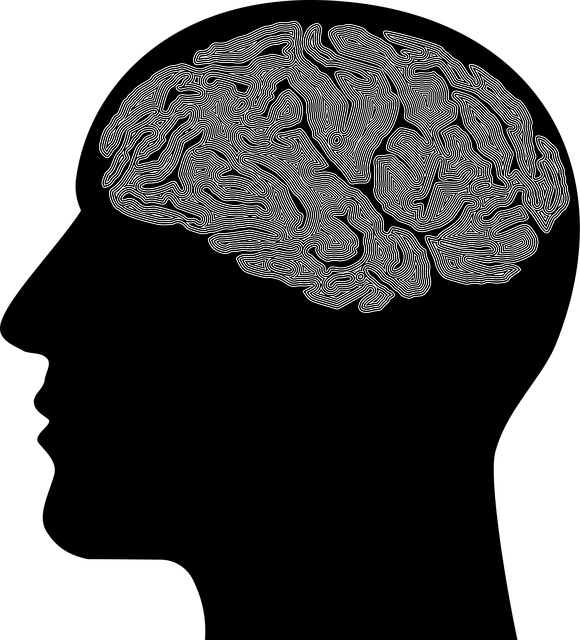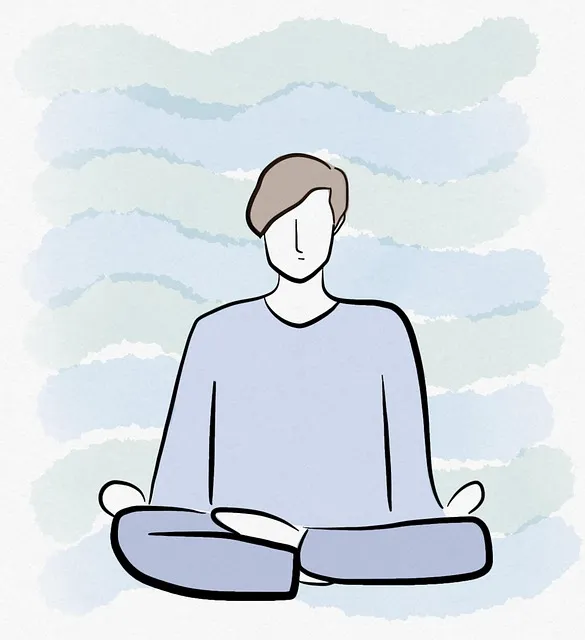The Littleton Kaiser Permanente mental health center offers specialized group facilitation as a crucial support system for individuals facing mental health challenges, including healthcare providers at risk of burnout. Facilitators guide structured processes to enhance well-being, foster connections, and promote healing through stress reduction, coping skills development, and burnout prevention. During visiting hours, facilitators create safe, supportive environments, encouraging open communication, peer support, and evidence-based practices. They employ techniques like conflict resolution, advocacy, cultural competency training, self-care, and trauma-informed care to manage triggers effectively. Key facilitation strategies include engaging dialogue, icebreakers, active listening, inclusive language, risk assessments, and building trust through community atmosphere, transforming visiting hours into a nurturing space for mental health exploration and growth.
“Mental wellness group facilitation plays a pivotal role in fostering community and healing at places like the Littleton Kaiser Permanente mental health center. This article explores effective techniques for facilitators, focusing on creating safe spaces, engaging participants, and encouraging open dialogue. We delve into specific strategies to enhance communication, ensuring successful group dynamics. By understanding the unique role of facilitators at Littleton Kaiser Permanente during visiting hours, we can optimize support for those seeking mental health services in a group setting.”
- Understanding Mental Wellness Group Facilitation
- The Role of a Facilitator at Littleton Kaiser Permanente
- Creating a Safe and Supportive Environment
- Engaging Participants and Encouraging Open Dialogue
- Effective Communication Strategies for Group Success
Understanding Mental Wellness Group Facilitation

Mental wellness group facilitation is a specialized skill that plays a pivotal role in supporting individuals navigating mental health challenges. It involves guiding a diverse group through a structured process aimed at enhancing well-being, fostering connections, and promoting healing. Facilitators, often professionals like those at the Littleton Kaiser Permanente mental health center, create a safe and supportive environment where participants can share experiences, learn coping skills, and build resilience.
This approach is particularly beneficial for healthcare providers who may be at risk of burnout due to high-stress work environments. By facilitating group discussions focused on Stress Reduction Methods and Coping Skills Development, facilitators empower individuals to navigate their mental health journeys effectively. Incorporating Burnout Prevention Strategies for Healthcare Providers into these sessions can further contribute to the overall well-being and sustainability of healthcare professionals.
The Role of a Facilitator at Littleton Kaiser Permanente

At Littleton Kaiser Permanente mental health center, visiting hours are a structured yet flexible part of patient care. The role of a facilitator here goes beyond traditional support; they actively contribute to creating a healing environment. Through skilled guidance, facilitators help patients navigate their emotional journeys, fostering open communication and encouraging peer-to-peer support. This approach not only enhances individual therapy but also promotes group cohesion, making the center a vibrant space for mental wellness.
In this capacity, facilitators employ various techniques such as conflict resolution skills to manage dynamics within groups, ensuring every voice is heard. They integrate Mental Health Policy Analysis and Advocacy into daily interactions, empowering patients to understand and assert their rights. Furthermore, they conduct Healthcare Provider Cultural Competency Training to bridge gaps in care, making the services more inclusive and effective for a diverse patient population.
Creating a Safe and Supportive Environment

Creating a safe and supportive environment is paramount when facilitating mental wellness groups. At the Littleton Kaiser Permanente mental health center visiting hours, this translates into fostering an atmosphere where participants feel seen, heard, and respected. Group facilitators should model active listening, empathy, and non-judgmental attitudes to encourage open dialogue. Utilizing techniques like reflective listening and validating emotions helps build trust and creates a space where individuals can share their experiences without fear of stigma or repercussions.
This environment extends beyond the physical location; it encompasses the overall group dynamics. Establishing clear ground rules, promoting peer support, and incorporating structured activities that align with evidence-based practices ensure each member feels valued. By integrating self-care practices and trauma-informed care principles, facilitators can manage potential triggers and create a safe haven for mental health exploration and growth, reflecting essential aspects of effective Trauma Support Services and Risk Management Planning for Mental Health Professionals.
Engaging Participants and Encouraging Open Dialogue

Engaging participants and fostering open dialogue are crucial techniques for effective group facilitation at the Littleton Kaiser Permanente mental health center visiting hours or any similar setting. Group therapy provides a unique opportunity for individuals to connect, share experiences, and learn from one another. Facilitators should create a safe and supportive environment where every member feels comfortable expressing their thoughts and emotions. Using icebreakers, active listening, and inclusive language can help break the ice and encourage participation.
Cultural sensitivity in mental healthcare practice is essential to ensure all participants feel validated and respected. Understanding and incorporating cultural nuances into group activities can significantly enhance coping skills development. Additionally, facilitators should be adept at conducting risk assessments for mental health professionals to mitigate potential risks within the group setting. This includes being attuned to individual needs, recognizing triggers, and providing appropriate support to create a beneficial and nurturing atmosphere.
Effective Communication Strategies for Group Success

In facilitating mental wellness groups at the Littleton Kaiser Permanente mental health center visiting hours, effective communication strategies are paramount. Group success hinges on creating an open and safe space where every member feels heard and respected. Facilitators should encourage active participation through non-verbal cues, maintaining eye contact, and using inclusive language that promotes self-awareness exercises. By fostering a sense of community, facilitators can help participants build trust, enhancing their ability to engage in meaningful discussions about stress management and emotional regulation.
Additionally, incorporating interactive activities and ground rules from the outset can significantly impact group dynamics. Facilitators should model and reinforce positive communication patterns, ensuring that conversations remain constructive and supportive. This approach not only improves the overall experience but also equips members with valuable tools for managing their mental health. The Littleton Kaiser Permanente mental health center visiting hours become more than just a scheduled event; they transform into a supportive environment where self-discovery and healing can flourish through effective communication strategies.
Mental wellness group facilitation plays a pivotal role in supporting individuals at places like the Littleton Kaiser Permanente mental health center during their visiting hours. By fostering a safe and supportive environment, engaging participants through open dialogue, and employing effective communication strategies, facilitators can revolutionize mental healthcare. The techniques outlined in this article empower both facilitators and participants to navigate challenges together, ultimately enhancing overall well-being.






